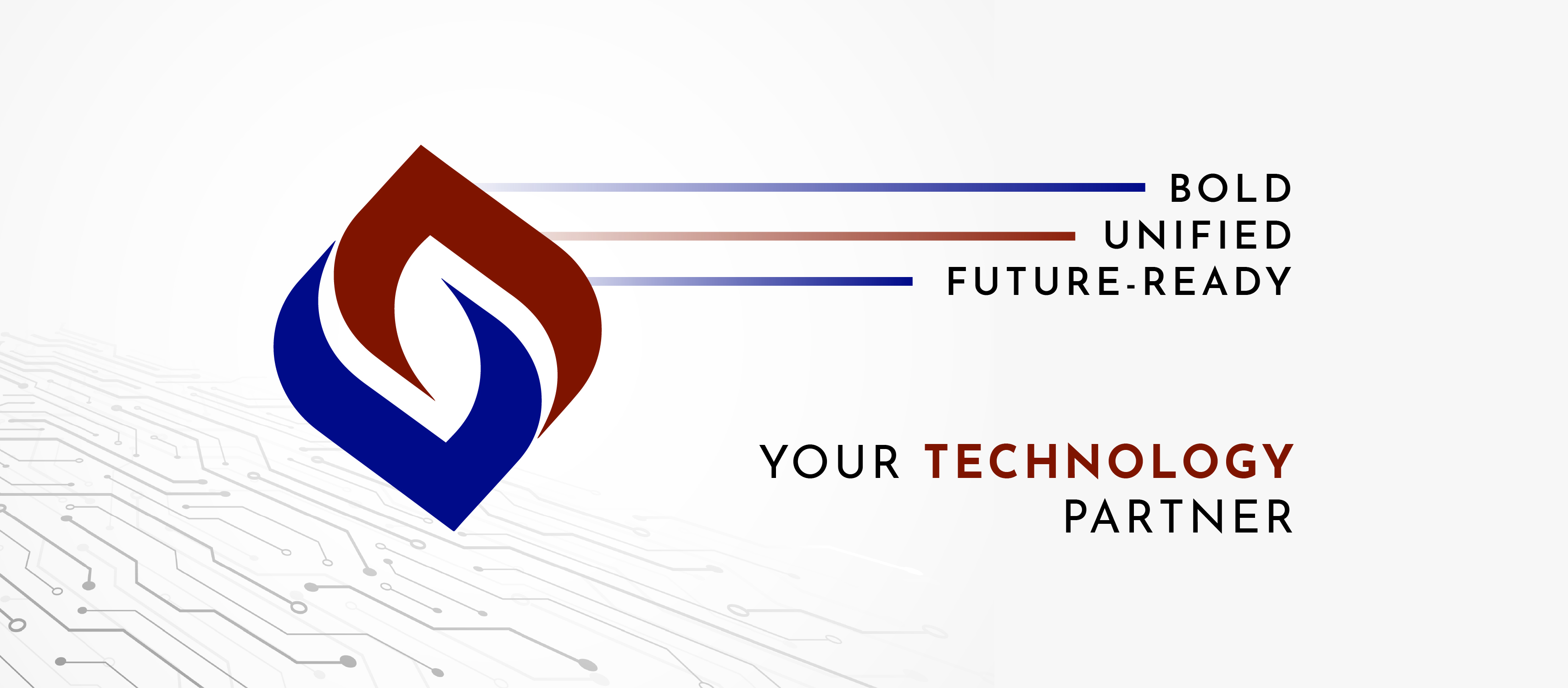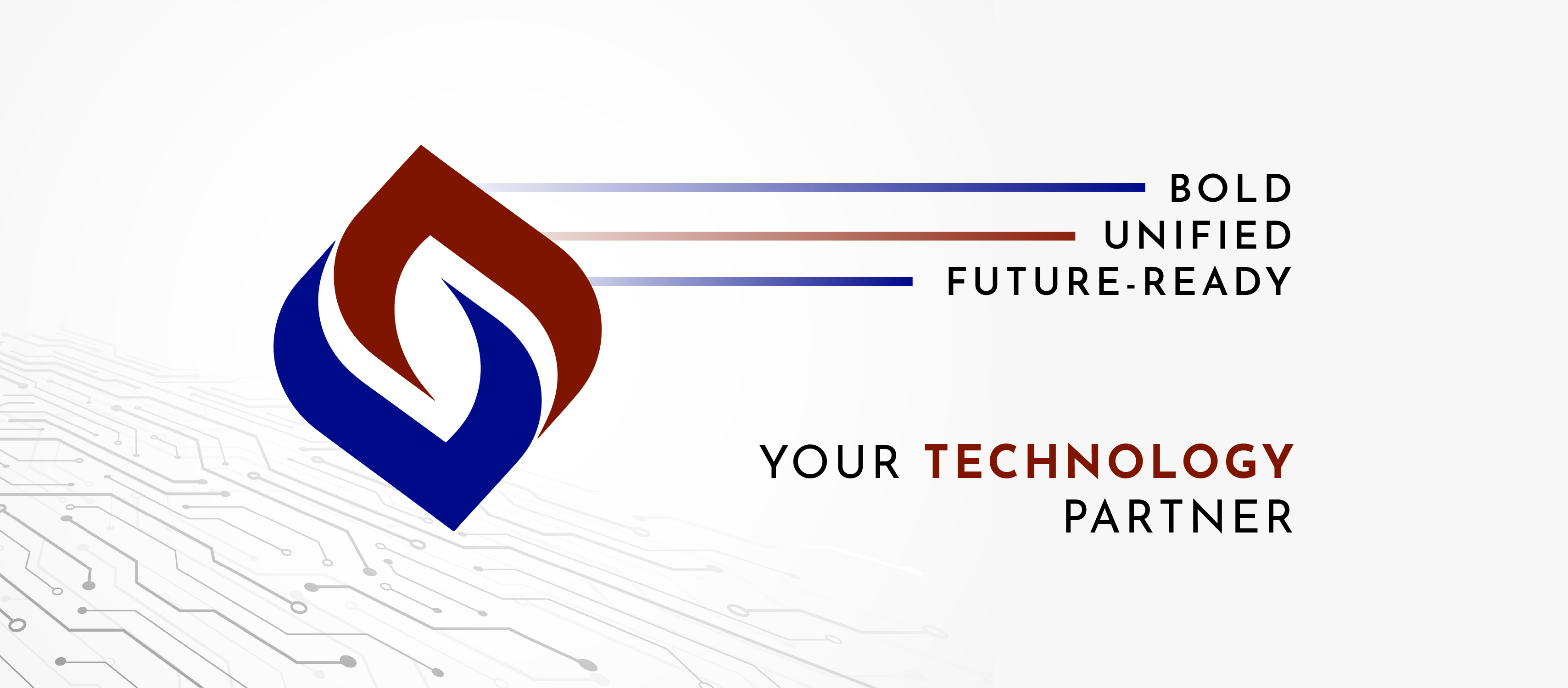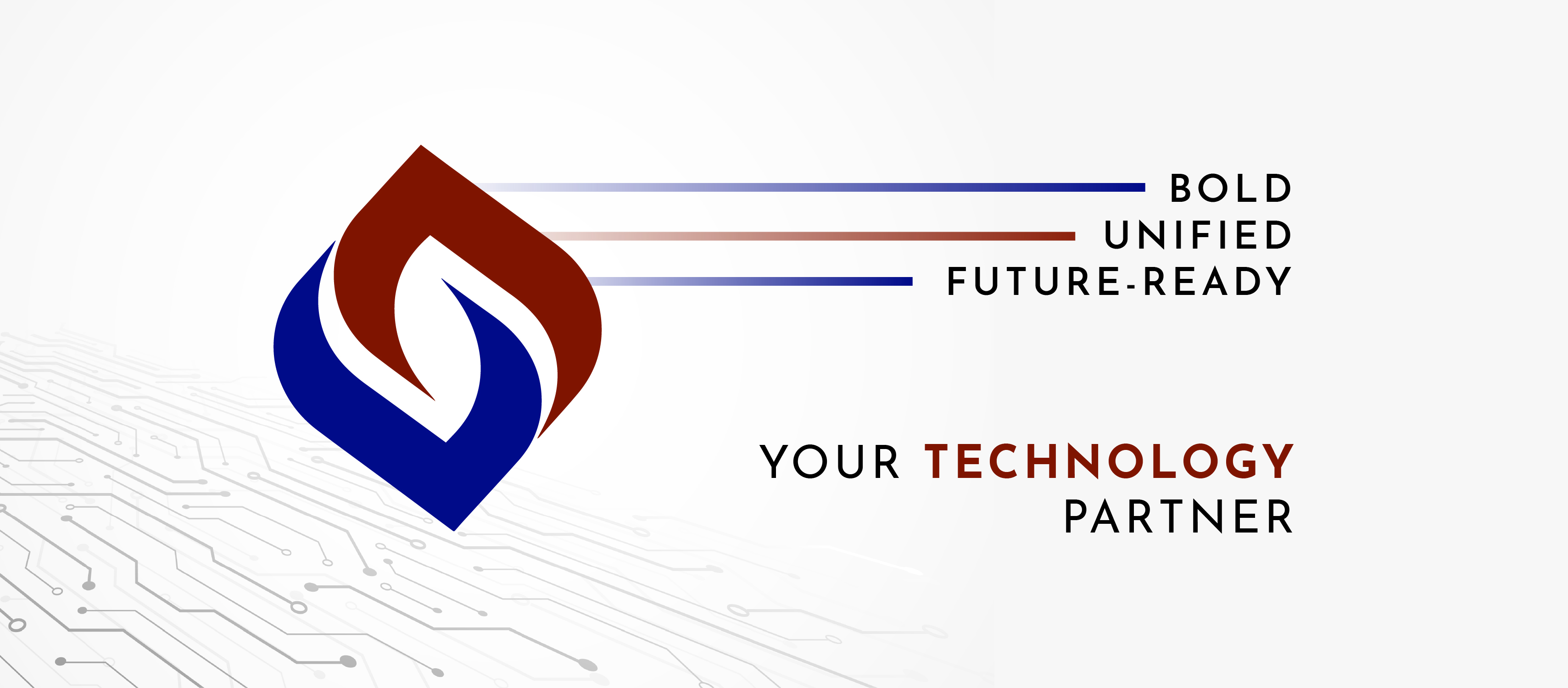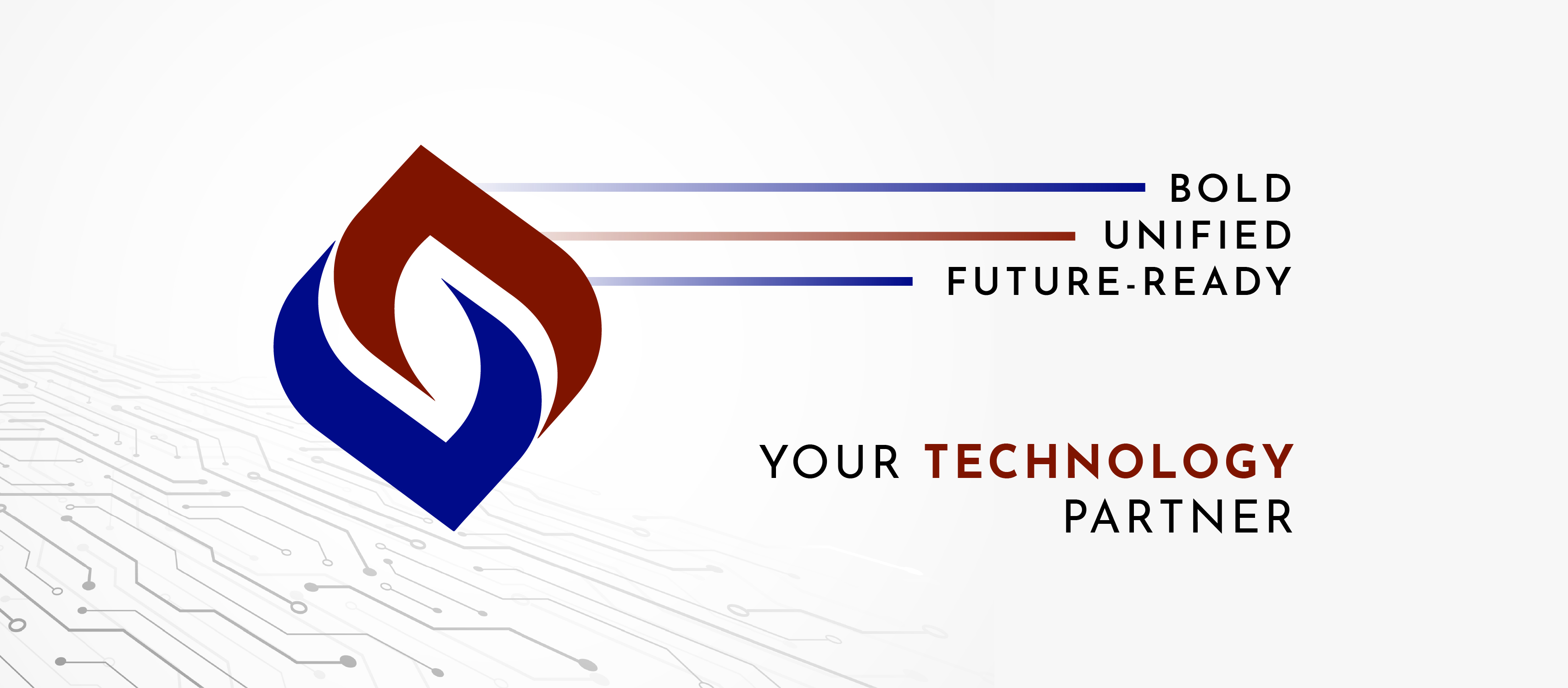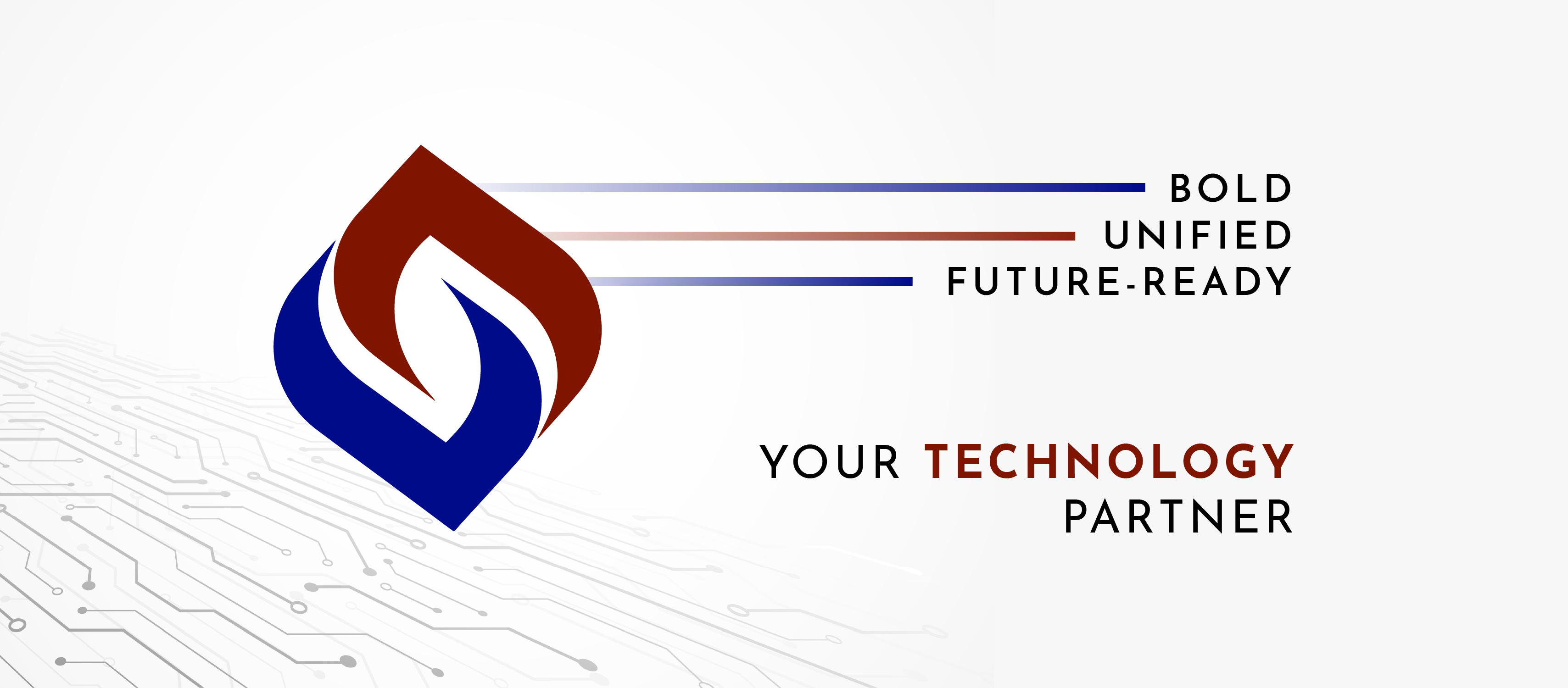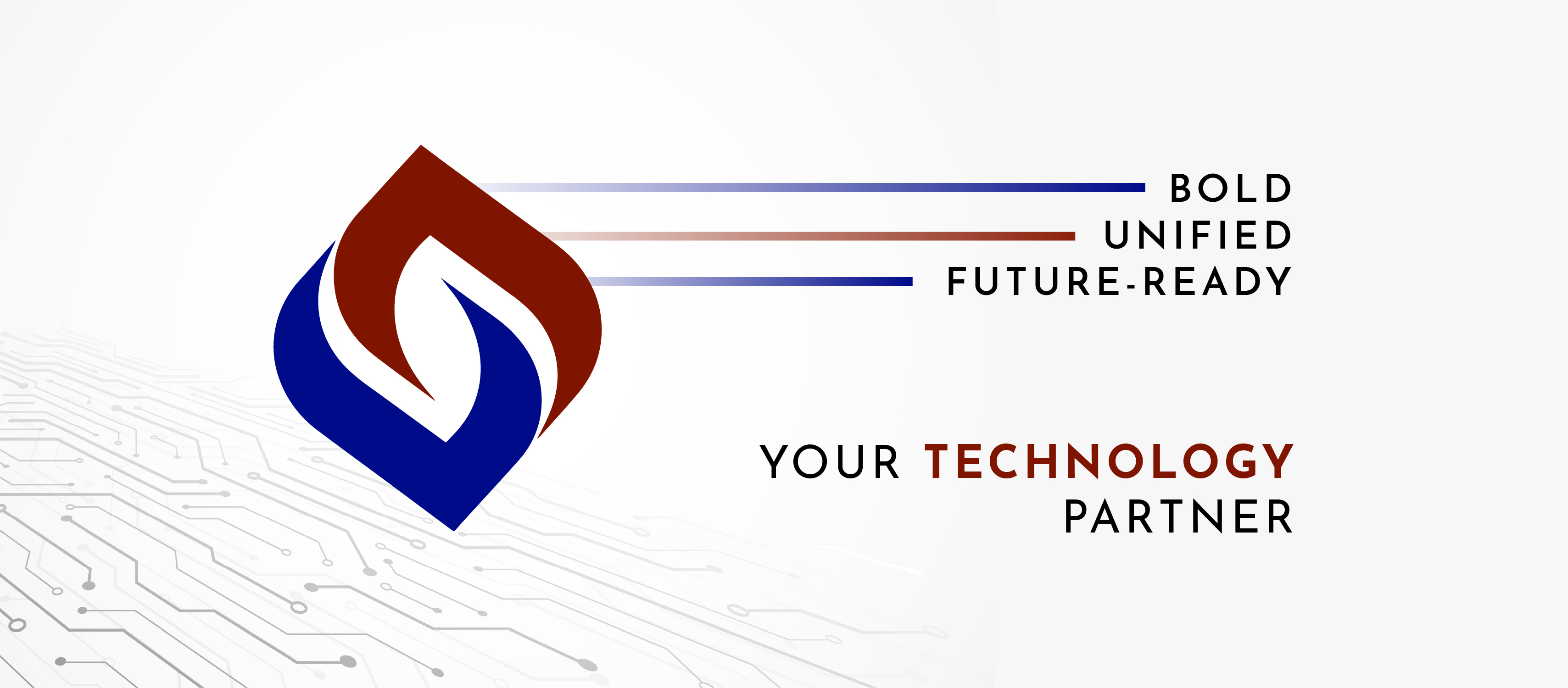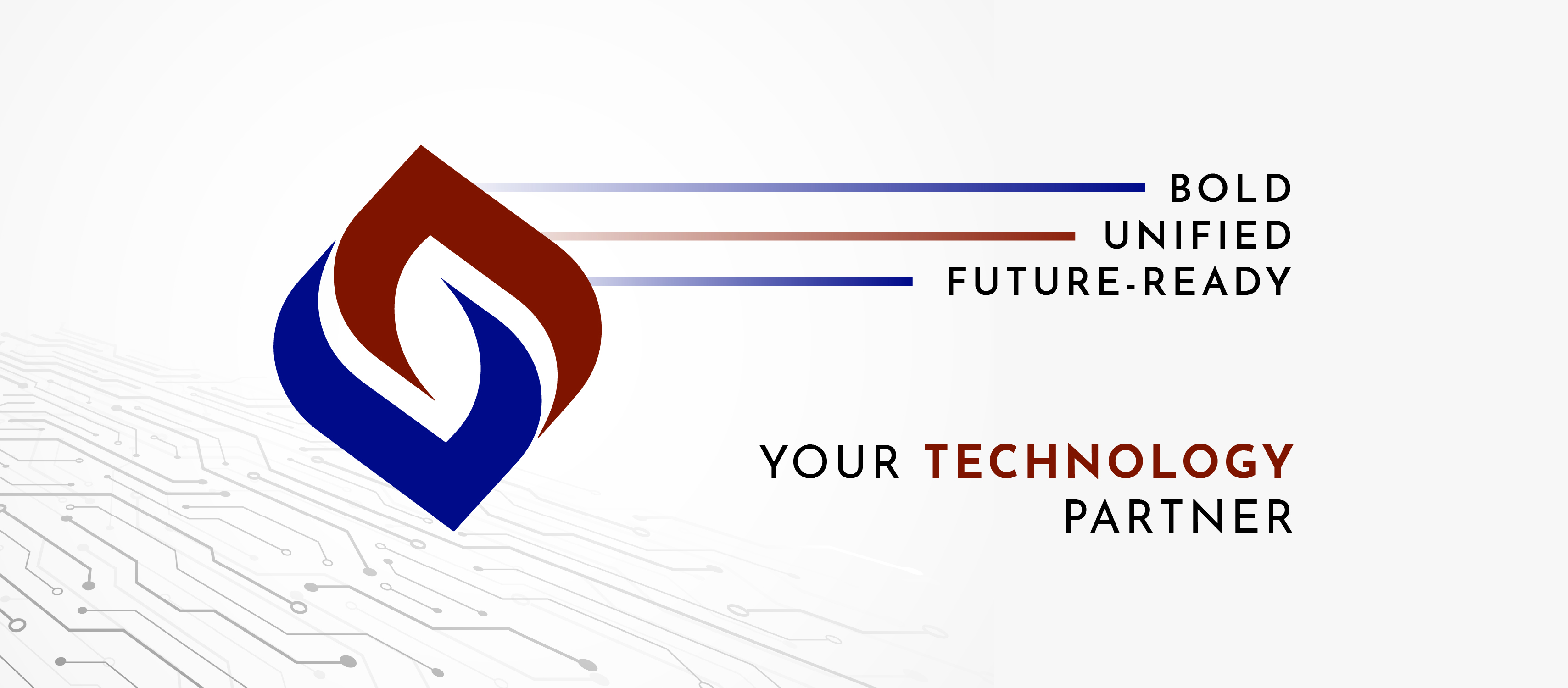 Blog Speed Optimization – Make Google & Users Happy!
Blog Speed Optimization – Make Google & Users Happy!
The Significance of Quality Assurance in Delivering Exceptional Software Solutions
Written by Solvix Technologies » Updated on: December 20th, 2024

Quality assurance (QA) plays a critical role in ensuring that software applications meet the desired standards of functionality, usability, and performance. QA services not only help identify and resolve defects but also provide businesses with the confidence to deliver reliable and user-friendly solutions to their customers.
What is Quality Assurance?
Quality assurance is a systematic process of evaluating software to ensure it meets predefined quality standards. This involves various activities such as planning, testing, and monitoring to identify and rectify issues throughout the development lifecycle. Unlike quality control, which focuses on detecting errors after production, QA emphasizes preventing defects at the source by improving processes and methodologies.
Why Are Quality Assurance Services Important?
Enhances User Experience
It ensures that the software is user-friendly, and functions as intended. By addressing issues such as slow loading times, navigation problems, or unexpected errors, Quality assurance services enhance the overall user experience, leading to higher customer satisfaction.
Cost Efficiency
Identifying and resolving issues early in the development cycle is far less expensive than addressing them after deployment. It minimizes rework, reduces downtime, and ensures that the final product meets client expectations without costly delays.
Improves Security
In a world where cyber threats are on the rise, QA services are essential for identifying vulnerabilities that could compromise user data. From penetration testing to compliance verification, It ensures that security protocols are robust and up to date.
Supports Brand Reputation
A single bug in your software can tarnish your brand image. QA helps maintain a consistent level of quality, ensuring your business delivers products that meet or exceed customer expectations, thereby enhancing your reputation in the market.
Ensures Compliance
With stringent industry regulations and standards, QA is vital for ensuring that software complies with legal requirements such as GDPR, HIPAA, or ISO standards. Non-compliance can lead to hefty fines and legal challenges.
Key Processes in Quality Assurance
Requirement Analysis
QA begins with understanding the project requirements. Clear documentation ensures that all stakeholders are aligned, reducing the chances of miscommunication and errors.
Test Planning
A detailed test plan is created, outlining the scope, objectives, resources, and schedule for the QA activities. This phase includes selecting the appropriate testing tools and methodologies.
Test Case Development
Test cases are designed to cover all possible scenarios, ensuring comprehensive coverage of the application. These cases are executed systematically to detect and document any issues.
Defect Management
QA involves identifying, documenting, and prioritizing defects. The development team addresses these issues, and QA re-tests the software to ensure that the fixes are effective.
Performance Testing
This involves evaluating the application under various conditions to ensure it can handle high traffic, large datasets, or simultaneous user actions without performance degradation.
Automation Testing
For repetitive tasks, automation testing tools are used to increase efficiency and reduce human error. Automation also speeds up the testing process for large-scale projects.
Modern Approaches to Quality Assurance
Agile QA
Agile development emphasizes continuous testing and feedback throughout the development process. This iterative approach allows QA teams to identify and address issues quickly, ensuring faster delivery.
DevOps Integration
QA has become an integral part of DevOps practices, where continuous integration and continuous delivery (CI/CD) pipelines ensure that quality checks are automated and consistent.
AI-Powered Testing
Artificial intelligence is transforming QA by enabling predictive analytics, automated test script generation, and intelligent bug detection. These advancements reduce testing time and improve accuracy.
Choosing the Right Quality Assurance Services
Not all QA services are created equal. When selecting a QA provider, consider the following factors:
Expertise
Ensure the team has experience in testing similar applications and is familiar with your industry’s requirements.
Tools and Technologies
The provider should use modern tools for manual and automated testing to deliver efficient results.
Scalability
The QA services should be scalable to accommodate your project’s growth and complexity.
Proven Track Record
Look for a provider with a history of successful projects and positive client feedback.
In conclusion, quality assurance is not just a technical necessity; it is a strategic advantage. By investing in QA services, businesses can ensure that their software solutions are robust, secure, and user-friendly. Whether you’re a startup or an established enterprise, QA is essential for achieving long-term success in today’s digital world.
Note: IndiBlogHub features both user-submitted and editorial content. We do not verify third-party contributions. Read our Disclaimer and Privacy Policyfor details.
Copyright © 2019-2025 IndiBlogHub.com. All rights reserved. Hosted on DigitalOcean for fast, reliable performance.


